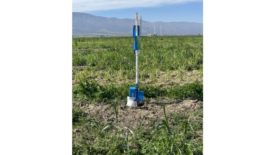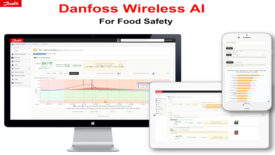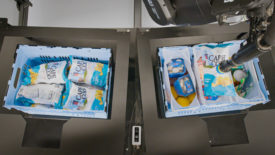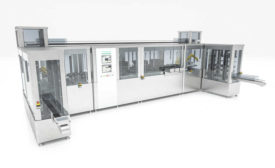Home » Keywords: » artificial intelligence
Items Tagged with 'artificial intelligence'
ARTICLES
Joint venture builds on plant-based mac & cheese, mayo collaborations.
Read More
5 Questions with Matias Muchnick, Co-Founder & CEO of TheNotCompany, Inc. (NotCo)
In the U.S., NotCo products are available in more than 6,000 grocery stores nationwide.
August 14, 2023
Motion2AI Names Scott Cubbler as Chief Executive Officer
March 22, 2023
Get our new eMagazine delivered to your inbox every month.
Stay in the know on the latest food and beverage manufacturing markets.
SUBSCRIBE TODAYCopyright ©2024. All Rights Reserved BNP Media.
Design, CMS, Hosting & Web Development :: ePublishing










